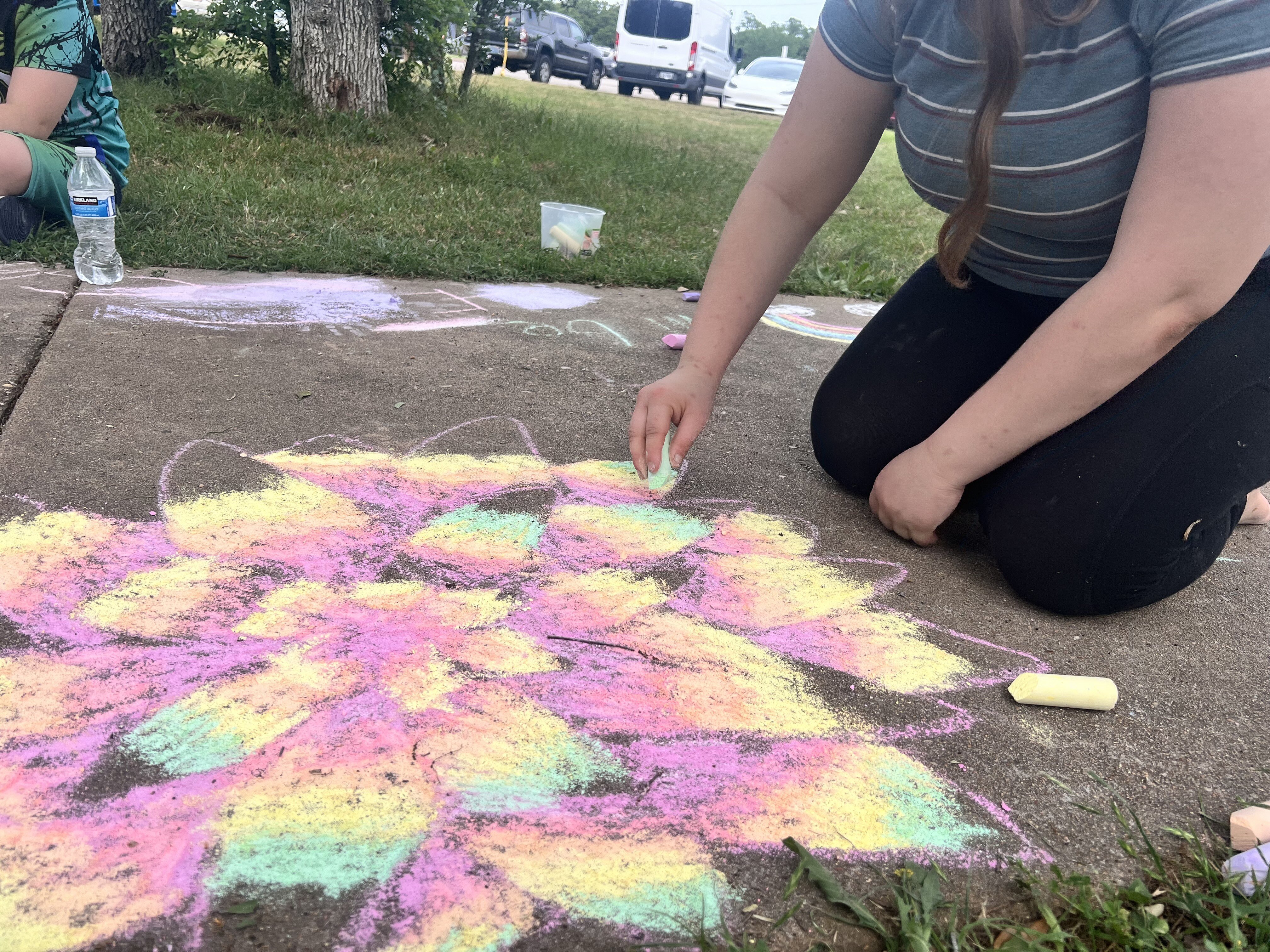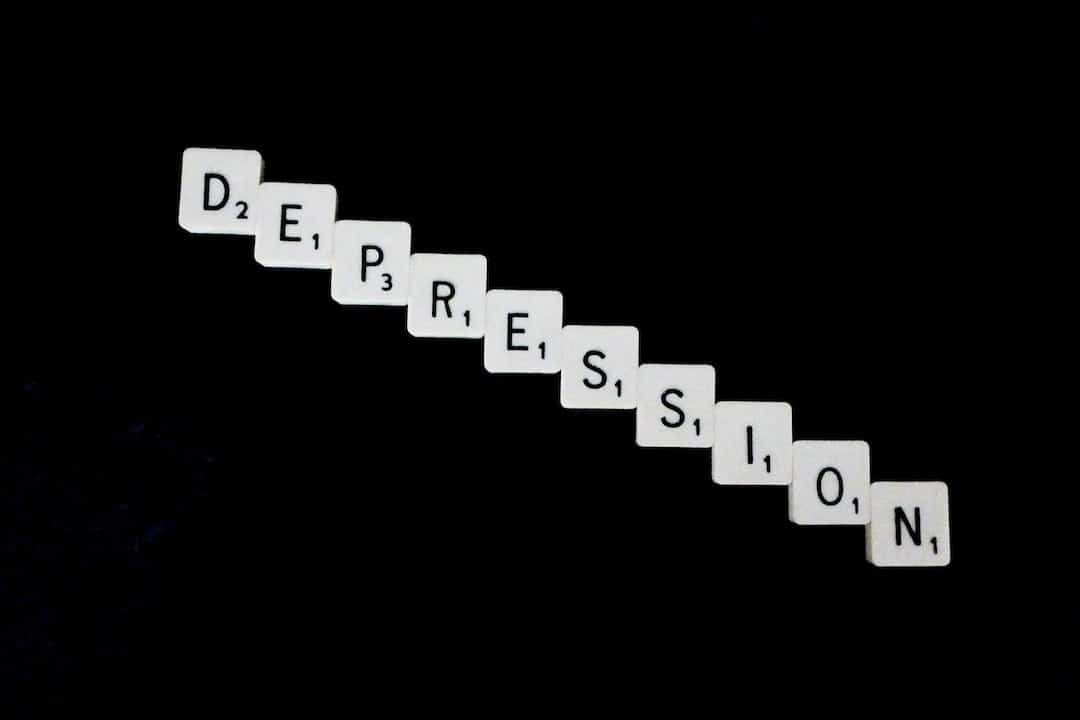What Is Postpartum Depression?
From conception to labor and birth to transitioning to life with a newborn, the process of childbearing is undeniably taxing. New mothers experience a wide range of physical and emotional changes as a result of this process, making them uniquely vulnerable to developing depression. Postpartum depression (PPD) is a type of depression that commonly develops in women following childbirth.
PPD affects nearly one in seven women, but it is a treatable condition. New mothers—and their loved ones—can benefit from becoming familiar with the symptoms and their effects. They also should understand the treatment options available for PPD.
The “Baby Blues”
Due to stimulated sex hormones, the female body endures exhausting changes throughout pregnancy, childbirth, and recovery. However, one of the most challenging transitions takes place when a mother gives birth. After carrying a fetus for nearly nine months, a new mother may feel a rush of different emotions when holding her newborn for the first time. While she may likely feel relieved, joyous, and excited about the birth of her baby, she may also grieve the absence of the baby inside of her. This can cause sadness and associated crying spells.
“Baby blues” are associated with these emotions. They are feelings of profound sadness that many mothers experience in the first few days after giving birth. The “baby blues” are characterized by extreme feelings of worry, exhaustion, and unhappiness. When these symptoms become severe and/or last longer than two weeks, it may indicate the presence of PPD.
Risk Factors for Postpartum depression
The book titled Postpartum depression published by StatPearls [Internet], explains that PPD most commonly occurs in females who struggle with depression and anxiety, especially throughout pregnancy. It lists the following categories of risk factors for PPD:
Psychological Risk Factors
In addition to a history of depression and anxiety, psychological risk factors for PPD include:
- Premenstrual syndrome (PMS)
- Negative attitude toward newborn
- Reluctance toward the baby’s sex
- History of sexual abuse
Obstetric Risk Factors
Pregnancy and childbirth risk factors for PPD include:
- High-risk pregnancy (including emergency cesarean sections)
- Meconium passage
- Umbilical cord prolapse
- Preterm or low-birth infant
- Low hemoglobin levels
Social Risk Factors
Interpersonal risk factors for PPD include:
- Lack of social support
- Domestic violence (physical, verbal, or sexual abuse)
- Smoking during pregnancy
Lifestyle habits such as poor dieting, dysregulated sleep, and reduced participation in physical activities and exercise can contribute to the development of PPD as well.
Symptoms of Postpartum depression
It is common for women to struggle with PPD without understanding what it is or its associated symptoms. The U.S. Department of Health & Human Services’s Office on Women’s Health (HHS OASH) highlights the following signs and symptoms of PPD:
- Feeling restless or moody
- Feeling sad, hopeless, or overwhelmed
- Crying a lot
- Having thoughts of hurting the baby
- Having thoughts of hurting yourself
- Not having any interest in the baby, not feeling connected to the baby, or feeling as if your baby is someone else’s baby
- Having no energy or motivation
- Eating too little or too much
- Sleeping too little or too much
- Having trouble focusing or making decisions
- Having memory problems
- Feeling worthless, guilty, or like a bad mother
- Losing interest or pleasure in activities you used to enjoy
- Withdrawing from friends and family
- Having headaches, aches and pains, or stomach problems that don’t go away
Unfortunately, it is not uncommon for new mothers to experience feelings of guilt and shame as a result of these symptoms, worrying that they may not be able to handle motherhood. However, it is vital to understand that struggling with mental health does not equal being a bad mother. New mothers and their newborns can benefit greatly from treatment.
Treatment for New Mothers With Postpartum depression
For new mothers struggling with any of the symptoms of PPD mentioned above, it may be necessary to seek out professional treatment and support for recovery. Rather than attempting to navigate treatment alone, individuals can consider asking their partner or other loved ones to seek out professional treatment services for them. A great first contact to utilize would be the doctor, nurse, or midwife associated with the new mother’s care.
Therapy and medication are the two most valuable treatment interventions for PPD. During individual therapy, new mothers can talk with a therapist about their concerns, intrusive thoughts and emotions, and past trauma. Through the process, they can adopt new perspectives on how to work through their circumstances. There are many different approaches that may be utilized during treatment, including, but not limited to:
- Cognitive-behavioral therapy (CBT)
- Dialectical behavior therapy (DBT)
- Trauma Therapy
- Acceptance and commitment therapy (ACT)
- Family therapy
- Interpersonal psychotherapy (IPT)
- Relapse prevention training
Additionally, anti-depressants and mood stabilizer medications may be administered to new mothers, as needed, based on the severity of PPD symptoms and effectiveness of therapy.
How to Self-Manage Symptoms
In addition to utilizing professional treatment, there are many things that new mothers can do at home to reduce PPD symptoms. Some suggestions include the following:
- Resting as much as possible
- Leaning into the support provided by a spouse, family, and other loved ones
- Bonding with other mothers to learn from their experiences
- Joining a support group (consider online options)
- Postponing any major life changes
Postpartum depression is a condition often experienced by new mothers as a result of childbirth. Despite its prevalence, it is a very treatable condition. If you or a loved one are struggling with the symptoms of postpartum depression, it is imperative that you utilize professional treatment resources to address the condition as efficiently as possible. Grace Recovery offers sobriety and mental health transitional living homes. We specialize in trauma-informed treatment, providing new mothers with the education and compassion that they need to successfully transition into life with their newborn. Additionally, we can equip mothers with the life skills they need to care for themselves and their child.To learn more, call us today at (737) 237-9663.





